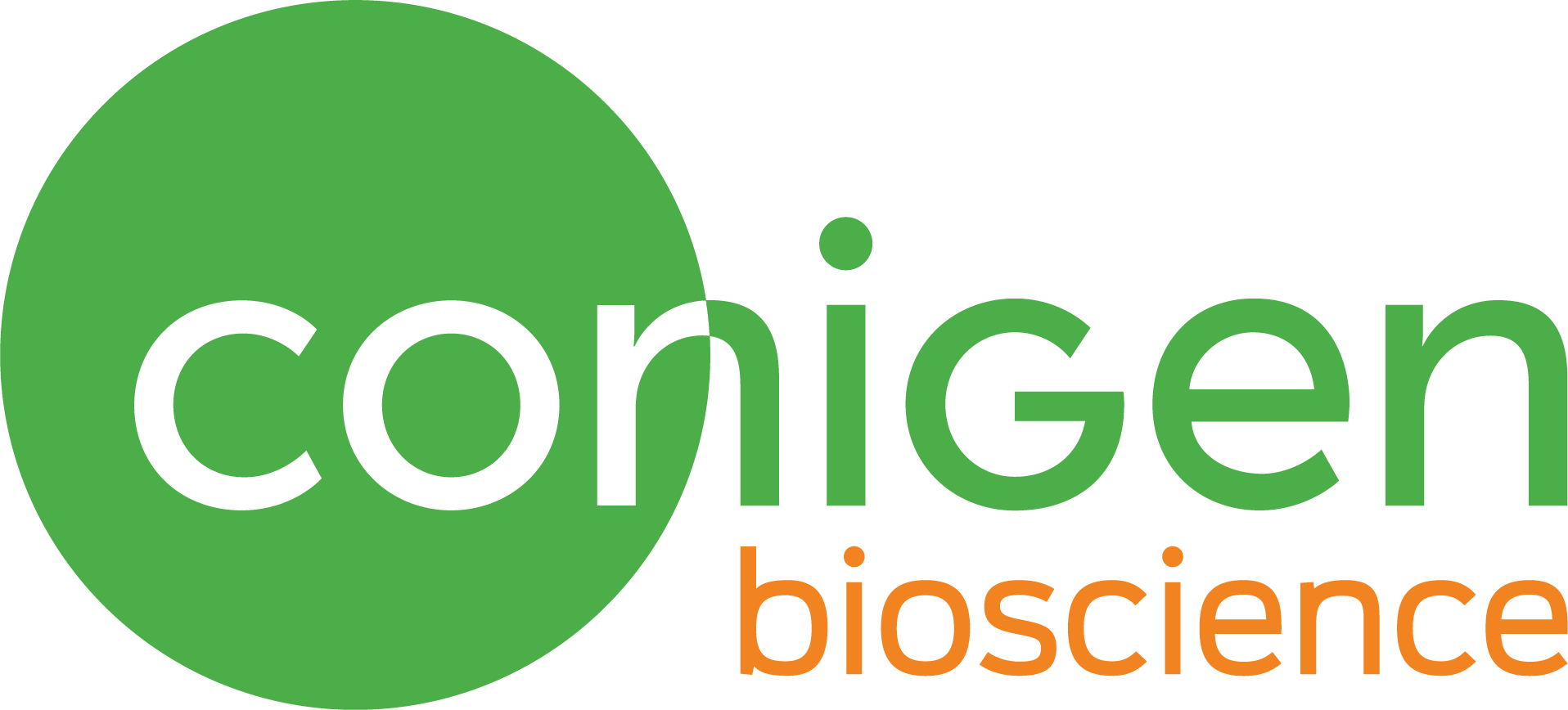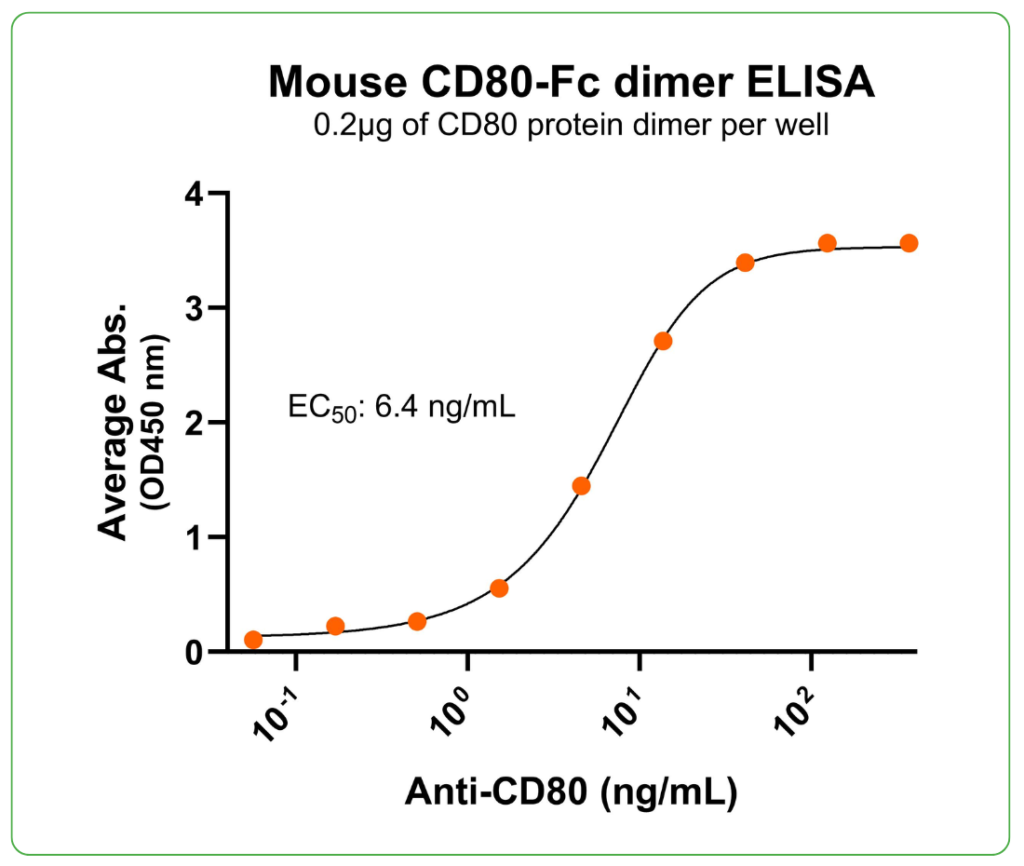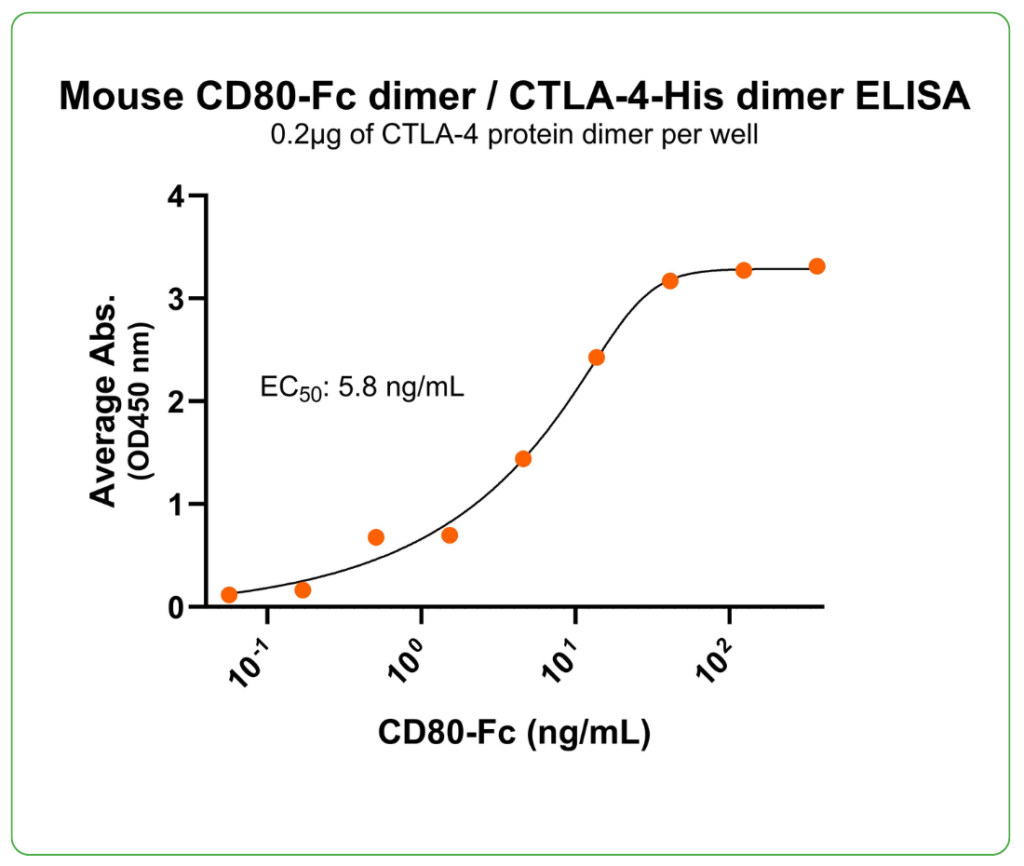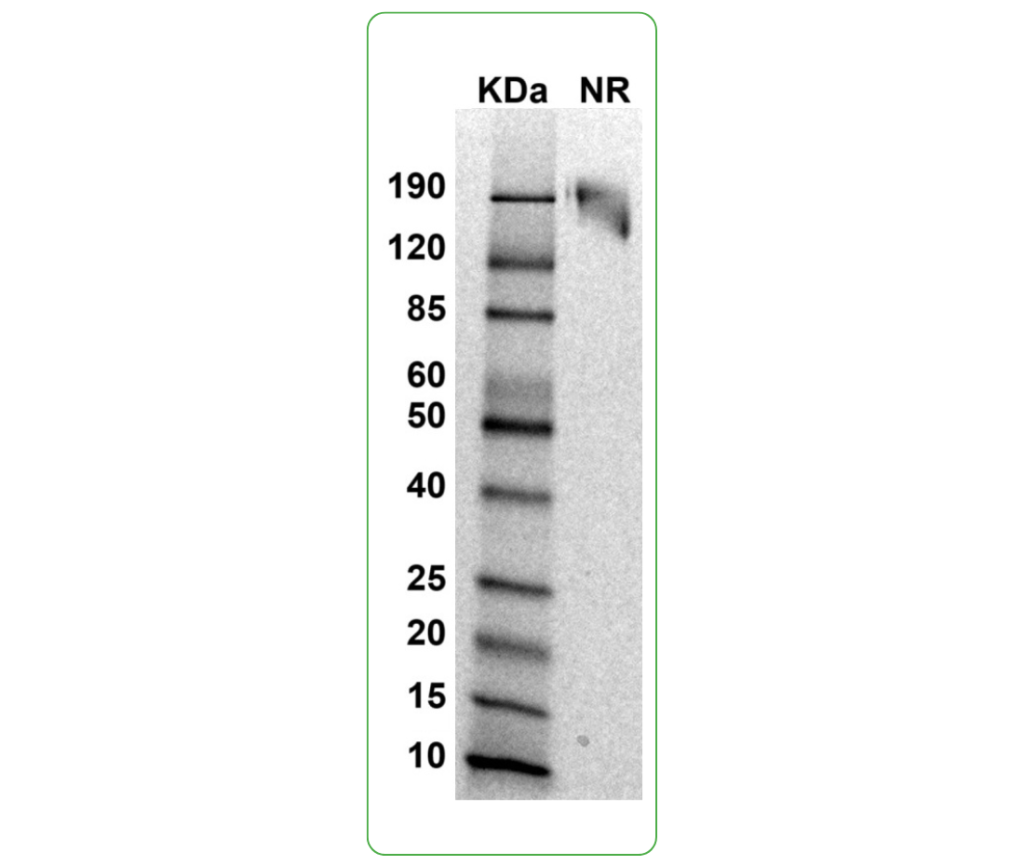Bioactive, Recombinant Mouse CD80 Protein Dimer, Fc Tag
| Product Code | CSP-25187-04 |
| Expression Host | HEK293T |
| Verified Applications | ELISA for CD80-specific antibody binding assays and SPR and ELISA for CD80 and CTLA-4 or CD28 ligand protein binding assays. |
| Suggested Applications | SPR & BLI for CD80-specific antibody binding assays and BLI for CD80 and CTLA-4 or CD28 protein binding assays. Animal immunization, RUO. |
| Purity | Greater than 90% dimer form as determined by SDS-PAGE under non-reducing condition |
| Amino Acid Range | V38-N246 |
For Research Use Only (RUO)
Price: $125.00
Price: $195.00
Price: $350.00
Price: $750.00
Price: $2,500.00
Bioactivity – Antibody Binding
Immobilized mouse CD80-hFc protein dimer, Fc Tag (Cat. No. CSP-25187-04) at 2 μg/mL (100 μL/well) can bind anti-mouse CD80 monoclonal antibody with half maximal effective concentration (EC50) range of 3.2-12.9ng/mL (QC tested).
Ligand Binding
Immobilized mouse CTLA-4 protein dimer, His Tag (CSP-25185-01) at 2 μg/mL (100 μL/well) can bind mouse CD80 protein dimer, Fc Tag (Cat. No. CSP-25187-04), with half maximal effective concentration (EC50) range of 2.9-11.7 ng/mL (QC tested).
Specifications
Formulation: 0.22μm filtered PBS, pH 7.4
Shipping: Frozen Dry Ice
Storage: -80°C
Mouse Cluster of differentiation 80 (CD80) is a Type I transmembrane glycoprotein in the immunoglobulin superfamily and a member of the B7 Family of ligands. CD80 exists as a monomer but its dimeric form can influence immune regulation and contribute to pathogenic conditions. The recombinant mouse CD80 protein dimer (CSP- 25187-04) is a cis-homodimer (cis-dimer) and contains a CD80 extracellular domain (UniProt# Q00609, amino acids Val38-Asn246) fused with a proprietary cis-dimer motif followed by a Fc tag at the C-terminus. This dimeric protein is expressed in HEK293T cells. The recombinant CD80 protein dimer is bioactive and can bind to CTLA-4 and CD28. It also binds CD80-specific antibodies. This CD80 protein dimer can be used as an antigen for in vitro assays and antibody screening, and as an immunogen for immunization to generate antibodies targeting more conformational epitopes.
Protein Name: CD80-hFc
UniProt #: Q00609
Predicted Molecular Weight: 100 kDa
SDS PAGE Molecular Weight: The migration range of the protein dimer with glycosylation under non-reduced condition is ~190 kDa on SDS PAGE.
Protein Construct: Mouse CD80 protein dimer contains the CD80 extracellular domain (UniProt# Q00609) fused with a proprietary cis-dimer motif followed by a Fc tag at the C-terminus.
Background
Cluster of differentiation 80 (CD80) is a Type I transmembrane glycoprotein in the immunoglobulin superfamily and a member of the B7 Family of ligands. CD80 is also known as B7, B7-1, B7.1, BB1, CD28LG, CD28LG1, and LAB7. CD80 contains an extracellular domain (ECD), a transmembrane domain, and a cytoplasmic domain. The ECD consists of two immunoglobulin (Ig)-like subdomains, a variable-like domain (Ig-V-like domain), and a constant-like domain (Ig-C-like domain). It is primarily expressed on antigen-presenting cells (APCs), such as dendritic cells, macrophages, and B cells. CD80 interacts with CTLA-4 (Cytotoxic T-lymphocyte associated protein 4) to transmit an inhibitory signal with T cells and CD28 (Cluster of differentiation 28) to transmit a stimulatory signal. It is often overexpressed in various autoimmune diseases such as multiple sclerosis and systemic lupus erythematosus, as well as some cancers. CD80 exists as a monomer but its dimeric form can influence immune regulation and contribute to pathogenic conditions. A recombinant protein mimicking the CD80 dimer conformation can be crucial for therapeutic discovery. While structurally and functionally similar to human CD80, mouse CD80 is a species-specific tool essential for preclinical studies, basic research and translational research in cancer immunotherapy.
Alternate Names: B7, B7-1, B7.1, BB1, CD28LG, CD28LG1, LAB7



